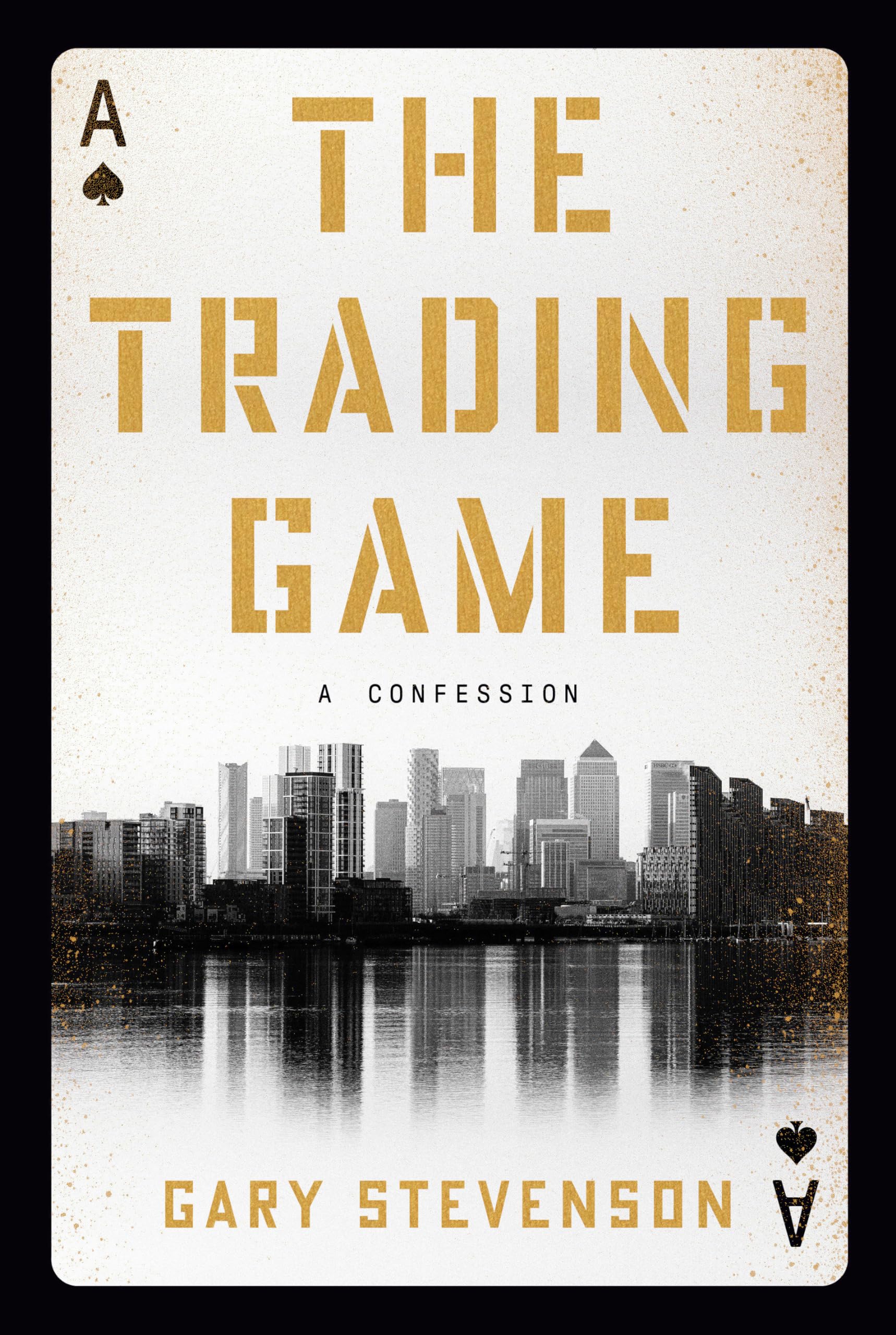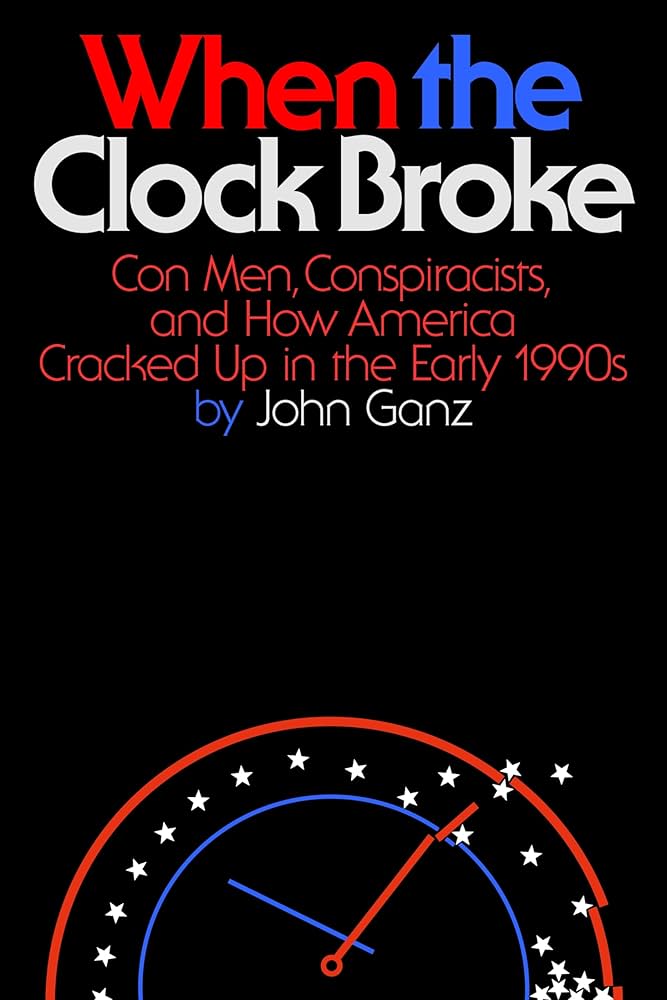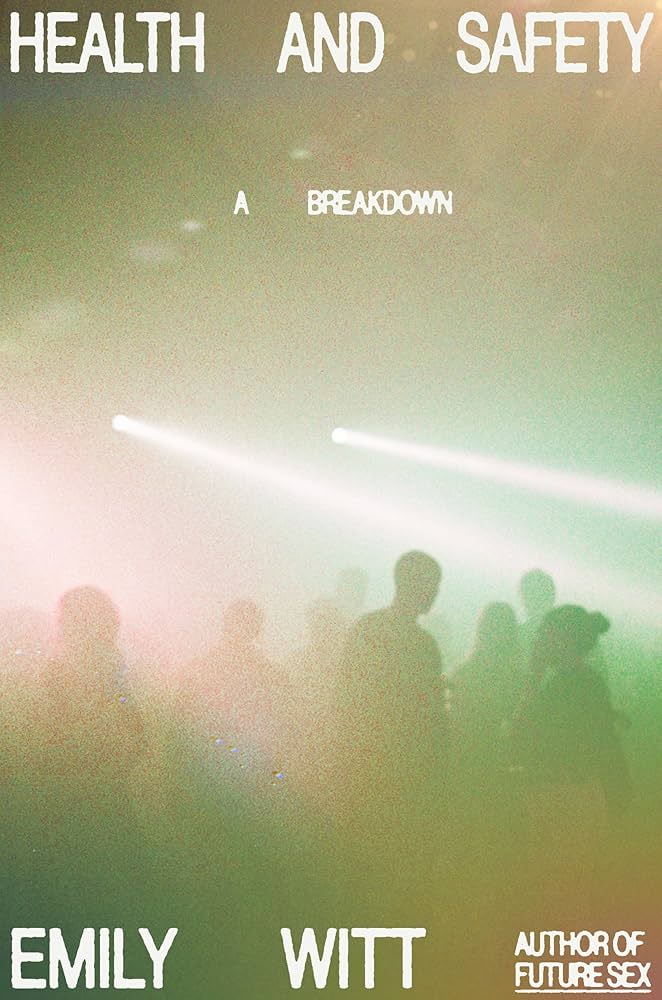No One Gets to Fall Apart is Sarah LaBrie‘s memoir about growing up Black, surrounded by privileged white folks, with a single mother who suffers from severe mental illness. It’s a short book: I read it in a single sitting, much of it with my hand covering my mouth. The book starts with her mother stopping traffic on a highway during a pretty severe episode of paranoid delusion, and it doesn’t soft-pedal at all.
LaBrie is a writer who doesn’t mince words. When she’s attending a wedding:
If I were a different person, I think, dancing, maybe my mother would still be sane… It occurs to me that my mother is almost certainly going to kill herself out of fear. The thought makes me feel heavy and tired.
LaBrie worries about her mother while also setting boundaries and taking action to keep herself healthy. She spends long stretches out of contact with her (getting updates from her grandmother and aunt, among others), and also worries that doing so makes things harder for her mother.
At the same time, she has her own future to build — connections and friendships in the arts world, a novel that she’s trying to make work, being a Black student at Brown University:
Feeling abandoned and no longer really able to go back to the apartment I share with my boyfriend, I shift into a different circle made up of white kids from high-cost-of-living cities who communicate in obscure one-liners and do bad coke and drink cheap beer. I want upward social mobility. They’re in the process of pissing away decades of generational wealth. My hope is we can meet in the middle.
Her writing is so direct it almost feels efficient, like she was working to a word count but didn’t want to miss anything. That’s not a negative: her language is so precise and succinct that you can’t look away. There’s no fat to trim in these pages.
LaBrie seems so lost in parts of No One Gets to Fall Apart, pulled in conflicting directions — wanting to set boundaries with a friend and pushing her away by doing so, or desperately worrying about her mother while afraid of being dragged back into the stress and heartbreak, knowing what’s wrong with the novel she’s been working on for years, yet seemingly incapable of fixing it. Her honesty and self-criticism is at times heartbreaking, relatable, infuriating and endearing.
She finds success in writing short stories and collaborating on opera and other musical pieces. She writes about her self-doubt, her insecurities in a world of wealthy white people, and the friction between herself (and other Black friends) and those who feel entitled to that world. Her perspective is fresh, nuanced and self-aware.
Most compelling about LaBrie’s story is the way she writes about her mother, and her volatile condition. Those with a loved one with severe mental illness will likely find a lot of this familar — the lose/lose feeling of needing to stay well while also being a caregiver, the anger and frustration of hearing a well-intentioned friend start with “You know what you should try?”, and or the bullshit platitudes like “Everything happens for a reason”. But the human brain can’t help but look for logic in these things:
Like other people who spent too much time reading as children, I grew up thinking of myself as a person in a story, all plot twists and climaxes and reversals of fortune that remained under the purview of some distant narrative force into whose hands my life had been placed. I can’t find a logical thread in it for what is happening to my mother. Her illness is unfolding according to no rules at all, and no matter how I try to hold it to-gether, the structure falls to pieces.
In the same way, it’s tempting to look for a narrative arc in this story — a happy ending or at least some kind of closure. Life doesn’t work like that. This book doesn’t really work like that either, and it’s better for it.
BONUS: LaBrie shared a playlist with Largehearted Boy (I love that site), and her notes that accompany the song choices give a little more insight into what to expect in the book.








